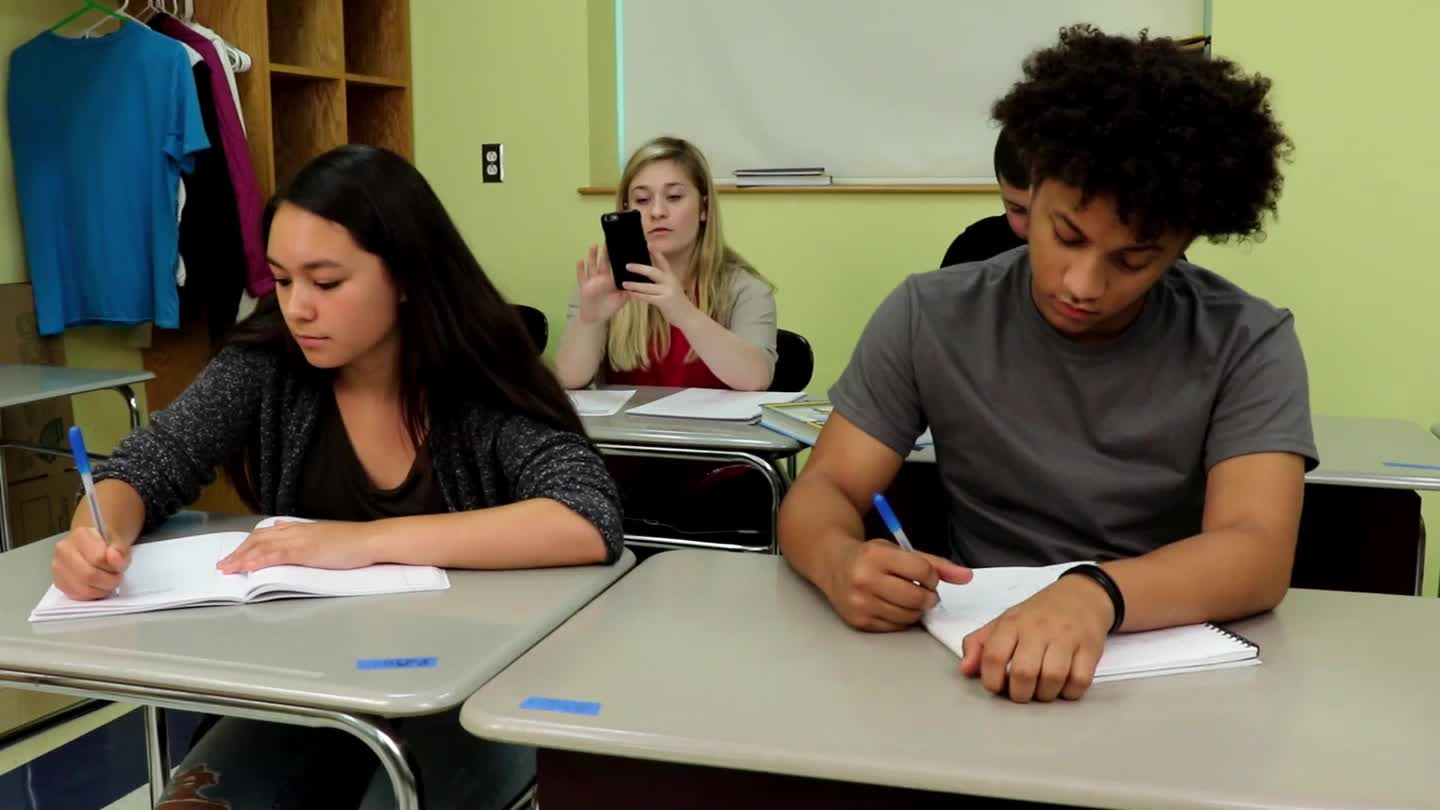Introduction
As educators, we strive to teach our students essential life skills that they can carry with them throughout their education and into adulthood. One critical skill for young learners is the ability to observe others and adapt their behavior in social situations. This skill is especially important in kindergarten, where children are just beginning to navigate new social environments and learn the importance of fitting in with the group. In this blog post, we will explore a no-prep activity to help teach kindergarten students this skill, along with discussion questions and related skills to further their understanding.
No-Prep Activity: The Observation Game
This simple, no-prep activity is perfect for teaching kindergarten students about observing others and adapting their behavior. Here’s how to play:
- Have the students sit in a circle, with one student chosen as the “leader.”
- The leader will start by performing a simple action, such as clapping their hands or patting their head.
- The other students must observe the leader and mimic their action as quickly as possible.
- After a few rounds, choose a new leader and repeat the process.
The Observation Game helps students practice observing others and quickly adapting their behavior to match the group. It also encourages students to pay attention to non-verbal cues, such as body language and facial expressions, which are crucial in social situations.
Discussion Questions
After playing the Observation Game, engage your students in a conversation about the importance of observing others and adapting their behavior. Here are some questions to help guide the discussion:
- Why is it important to observe others and adapt our behavior in social situations?
- What are some clues that we can look for to know if we need to change our behavior?
- Can you think of a time when you noticed someone else’s behavior and changed your own to fit in with the group? How did that make you feel?
- How can observing others and adapting our behavior help us make friends and get along with others?
- What are some ways we can practice this skill outside of the classroom?
Related Skills
Teaching kindergarten students to observe others and adapt their behavior is just one aspect of social-emotional learning. Here are some other related skills that educators can focus on to help students develop a well-rounded understanding of social dynamics:
- Active listening: Teach students to listen carefully to what others are saying, both verbally and through body language.
- Empathy: Encourage students to put themselves in others’ shoes and consider how their actions might affect others.
- Self-awareness: Help students recognize their own emotions and understand how their behavior can impact the people around them.
- Problem-solving: Guide students in navigating social situations by identifying potential challenges and brainstorming solutions.
Next Steps
Teaching kindergarten students to observe others and adapt their behavior is a crucial skill for their social-emotional development. By incorporating the no-prep activity, discussion questions, and related skills outlined in this blog post, educators can help young learners build the foundation for successful social interactions. To further enhance your students’ social-emotional learning, consider signing up for free samples of skill-building materials provided by Everyday Speech. With these resources, you can continue to support your students’ growth and help them thrive in a variety of social situations.






